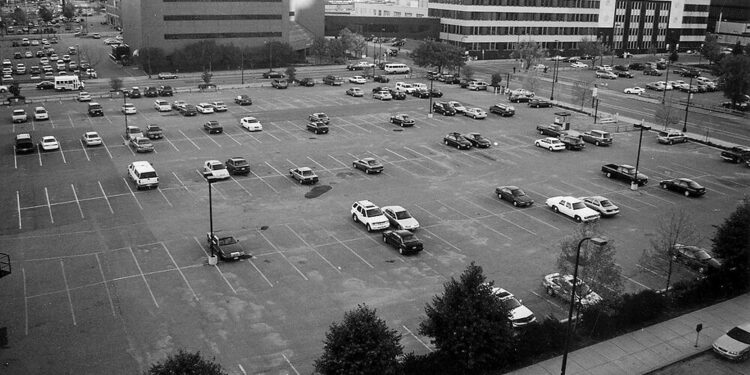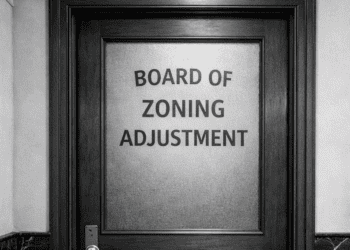In cities across the United States, outdated parking mandates are quietly driving up housing costs and limiting new development. Christina Mojica’s recent article, “Why Parking Minimums Are Holding Back Housing” (Reason Foundation), highlights how these well-intentioned but counterproductive regulations make housing more expensive, restrict walkable development, and ultimately harm the very communities they’re meant to serve.
Parking minimums require developers to build a specific number of parking spaces for each residential unit—regardless of whether future residents need or want them. The result? Higher construction costs, wasted land, and fewer housing units overall. These mandates force developers to overbuild parking, adding tens of thousands of dollars in costs per unit—costs that get passed down to renters and buyers, further exacerbating the housing crisis.
Mojica makes a compelling case that these rules disproportionately harm lower-income residents, who are less likely to own cars yet still pay for parking they don’t use. Worse, excessive parking requirements make it harder to build housing near transit, reinforcing car dependency and increasing emissions. In dense urban areas where space is at a premium, parking minimums can mean the difference between a feasible housing project and one that never gets built.
The good news? Many cities are starting to rethink these outdated mandates. From San Francisco to Minneapolis, local governments are rolling back parking requirements to allow for more flexible, market-driven development. The results have been promising—more housing production, lower costs, and thriving neighborhoods that prioritize people over parking.
Other cities should take note. Removing parking mandates isn’t about banning parking—it’s about letting the market decide how much is actually needed. By reforming these policies, communities can encourage more affordable housing, better land use, and more vibrant, walkable neighborhoods. If cities are serious about tackling the housing crisis, cutting parking mandates is an easy and effective place to start.










What Missouri can learn from Kansas’s budget crisis